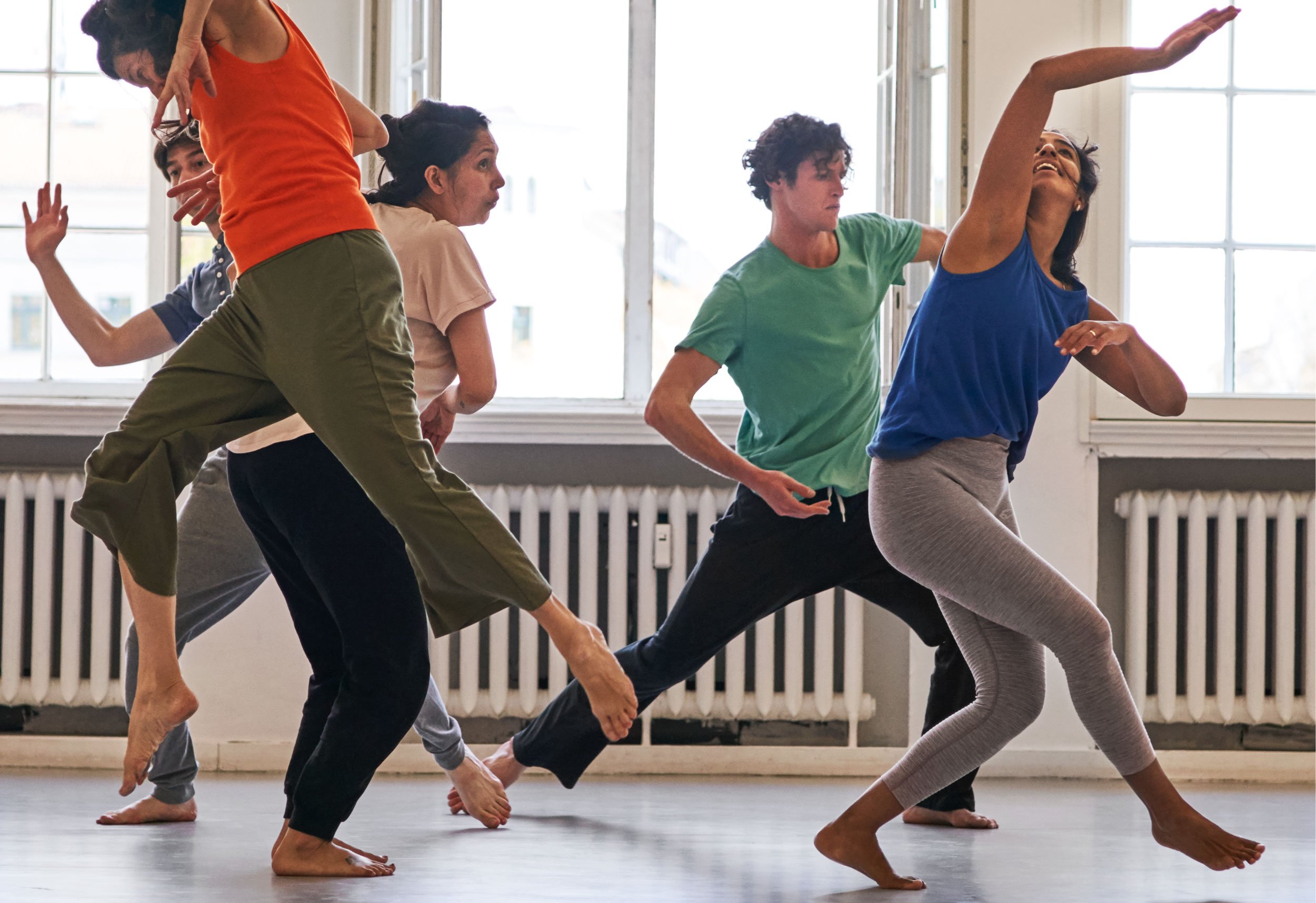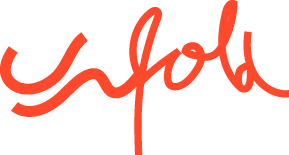UNFOLD® is a celebration of movement
UNFOLD® is a movement method inspired by the Alexander technique that, through exploration of the body and mind, brings you to self-transformation. Actors, dancers, performers and everyone else are invited to discover the art of moving as well-coordinated human beings, abandon old patterns and find lightness in everyday actions to enhance their potential for moving - for being.
Through this practice, we are seeing a growing international community in continuous research, development and learning. The practice is widening the bounds and possibilities of human interactions beyond just words and improving its practitioners’ quality of life and surroundings.
Using her over 20 years’ experience as a choreographer and Alexander Technique teacher, Valentina Bordenave created the UNFOLD Method for actors, dancers and others seeking a high level of coordination and performance skills. The best way to experience UNFOLD is to combine individual and group sessions.

Enhance self-expression
By stretching the space between stimulus and reaction, the practice enhances physical, intellectual and emotional self-expression. UNFOLD’s benefits extend into daily activities and professional life, bringing:
Ease and satisfaction in everyday tasks and routines
Better alignment and organ functioning
Giving up harmful habits
Full and easy breathing and voice use
Preserving joint health and muscle elasticity
Maximised stability, mobility and variety of movement
Better coordination
Improved neuromuscular connection
More energy through economical use of the body
Fostering of open-mindedness
Greater choice in action and thinking
Increasing and maintaining simultaneous awareness inside and outside the body
The 5 UNFOLD® Elements
-
Spacious and calm body
The practice of self-encounter and transformation. A productive dialogue with our support and movement systems, discovering where we pull, hold or collapse. Regain the balance of an efficient musculoskeletal system allowing greater freedom of choice in your thoughts and actions. -
Organisation and collaboration between body parts in movement
Movement exploration and guided motion sequences designed to restore and refine collaboration between different parts of the body. Simple movements, as well as sophisticated, meaningful or ordinary ones, are all transformed when performed with heightened awareness. No matter what one’s movement experience, the field of exploration is unlimited. -
Playing with rhythm and coordination
Combining mind, body and intention is a powerful and elegant way to explore oneself through movement sequences and games involving alertness, elasticity and humour. Committing to adapting and connecting information in, as yet, unknown ways through different tasks. Engaging with a suggested shape as a resource and not as a goal. -
Connecting with others through movement
Composing spontaneously involving both bodies and voices allows us to receive, process and propose material in a continuous feedback flow. We respect uncertainty and adapt to constant change. The practice offers access to collective consciousness and raises questions such as: Do I wait to be guided? Do I try to control? Can I connect with the people around me without being the centre of everything? -
Theory and verbalisation
Articulating physical and emotional processes in words and studying anatomy, philosophy and neuroscience can enrich the Unfold physical practice, clearing up old beliefs and misunderstandings about the body’s structure and function.
Deep into it.
UNFOLD® and the Alexander Technique
Fundamental to UNFOLD are the philosophy and practice of the Alexander Technique, along with Valentina Bordenave's extensive experience as a dancer, improviser and movement teacher. The Alexander Technique was developed in the early 20th century by F.M. Alexander, who called the way we engage ourselves in all everyday life activities "the use of the self". He developed his technique from the fundamental belief that a person's functioning can be improved through better use of the full organism, where all physical and mental processes are inseparably connected. The way we use our body determines how we perform every task in life. Playing an instrument, running, dancing and singing are obvious examples, but digestion and breathing and even intellectual work are equally affected. Along with the Alexander Technique, UNFOLD incorporates dance as a tool and a poetic force. It is a joyful way to investigate Alexander’s "new use of the self" and put it into practice.
The body as a whole
The body is a dynamic, interconnected system. If we stand on one leg, the entire body has to readapt in order to keep us upright. The same adaptation principle applies to musculoskeletal holding patterns. Because our human postural and movement systems are designed to work optimally when muscles and tendons are elastic, any unnecessary tension in one area affects the entire organism and has to be addressed within the context of the body as a whole. The Restored-Self can enjoy upright posture with minimal effort and well-coordinated movement, even in older age. Injuries are less likely, our organs function better and we experience psychophysical unity in a sharper way.
A new learning experience
In our early life learning experience, most of us are told what and how to do things, and that we should always improve by working hard and making as few mistakes as possible. The UNFOLD learning process works differently: in order to shake off ingrained habits, we need to go through unfamiliar psychophysical states. We are less concerned about goals and concentrate on the process. In many cases, even if the result is lighter and better coordinated movement, it might feel unfamiliar and wrong. The confusion this process provokes is welcome. With guidance and reassurance from the teacher, we experience ourselves less as Doers and more as Enablers. Actions that always required considerable effort become easy to perform.





